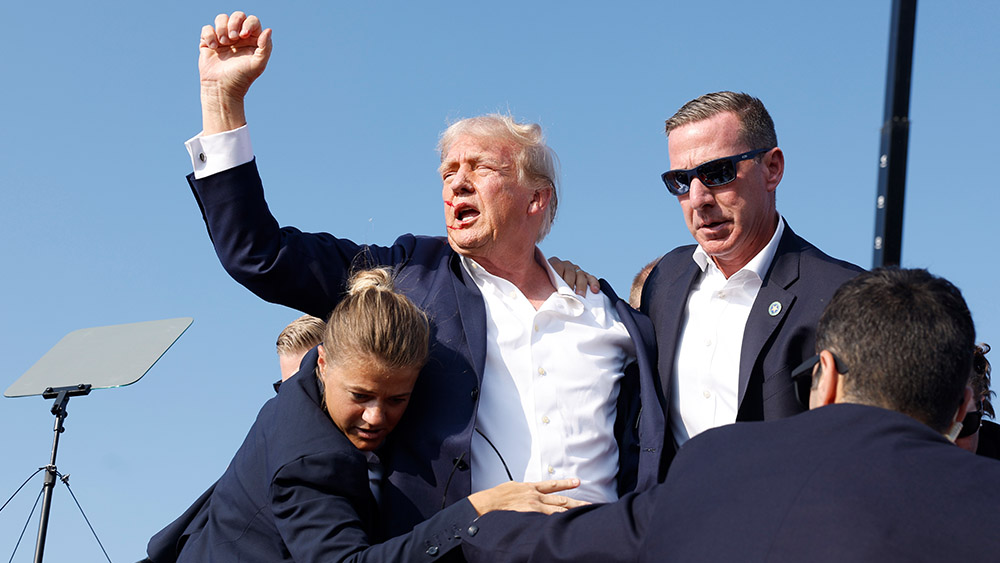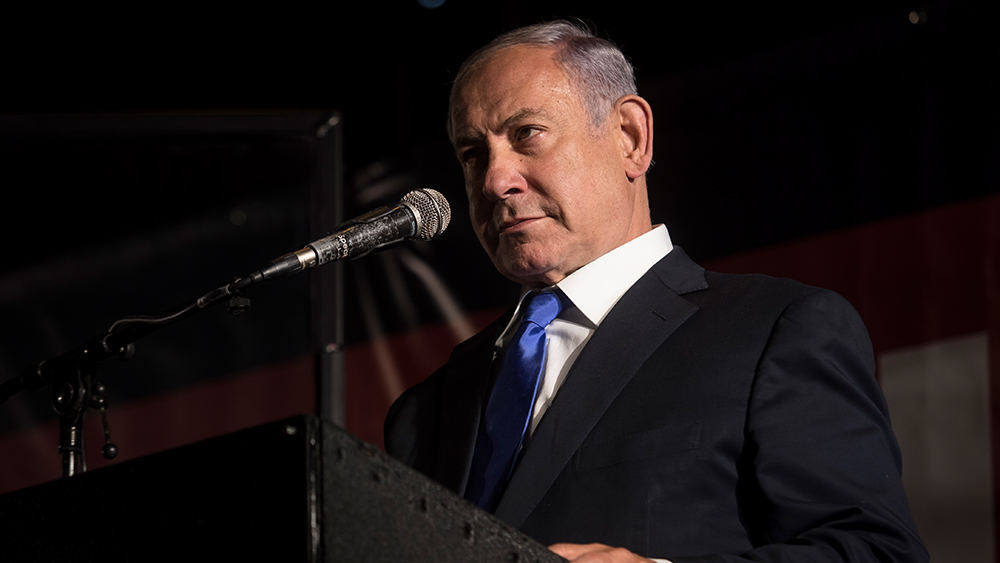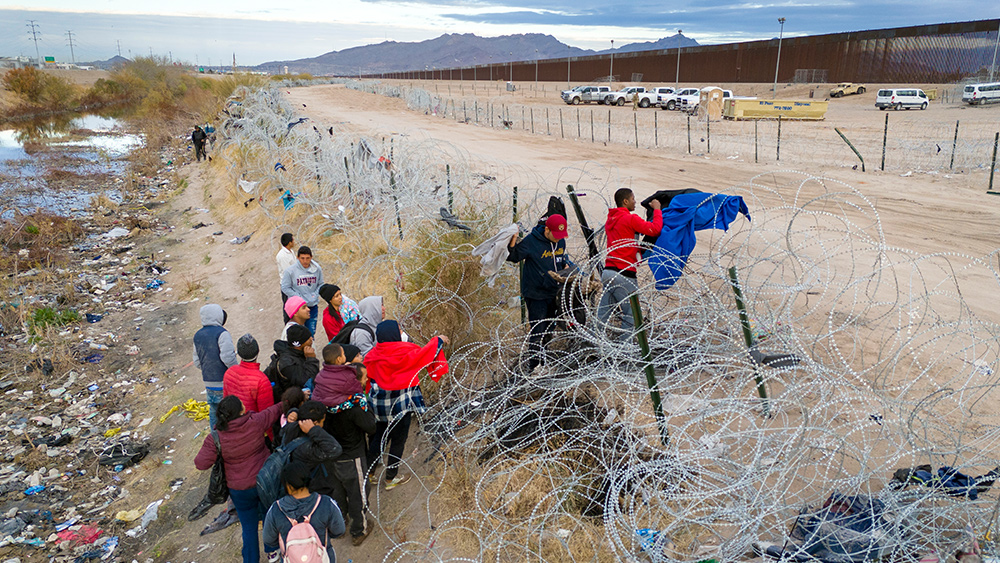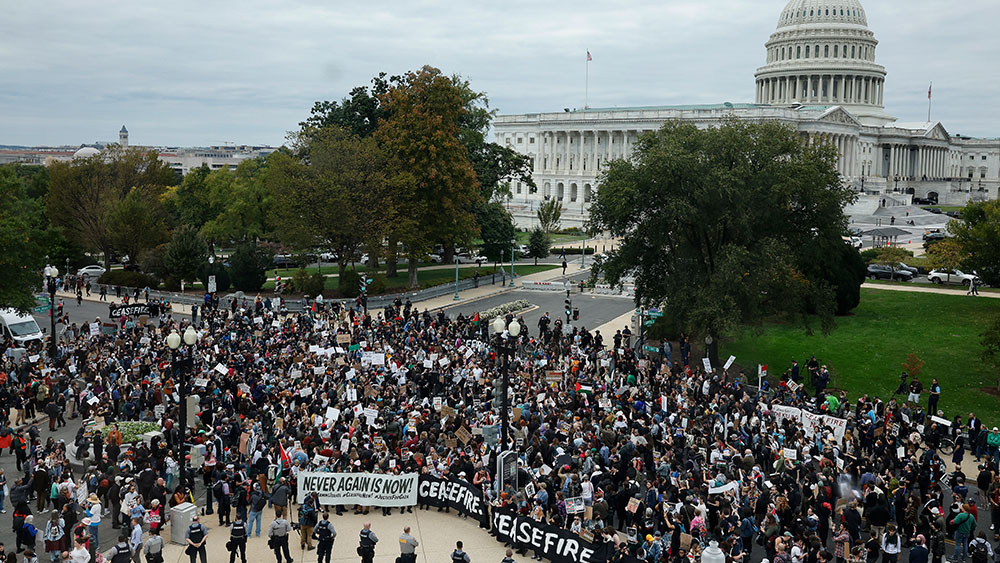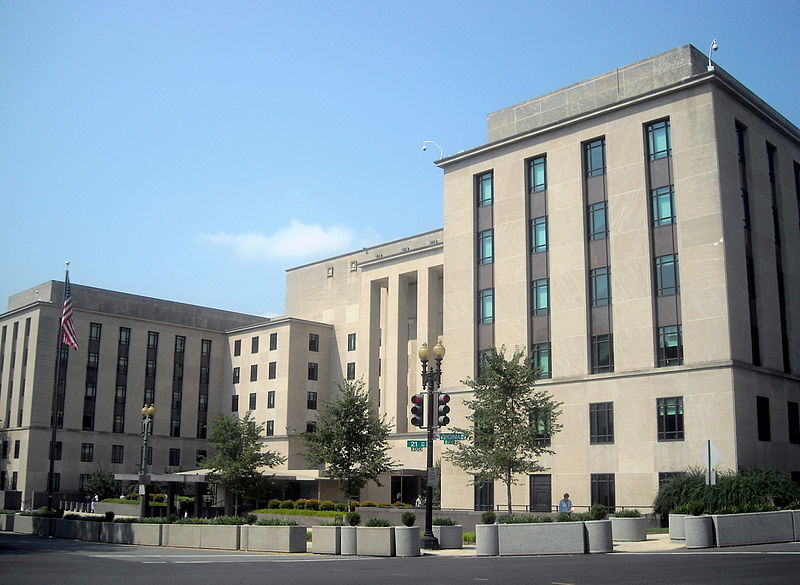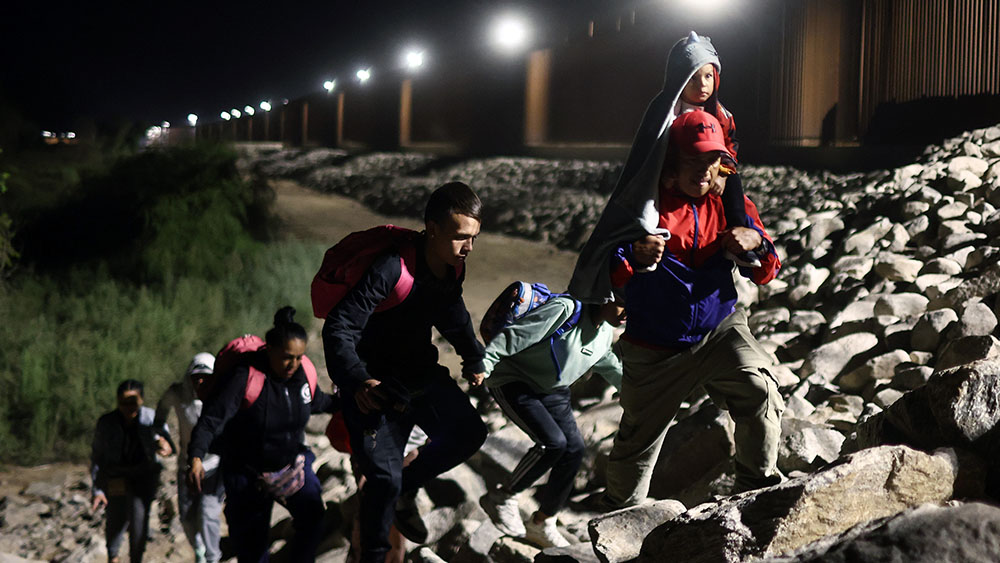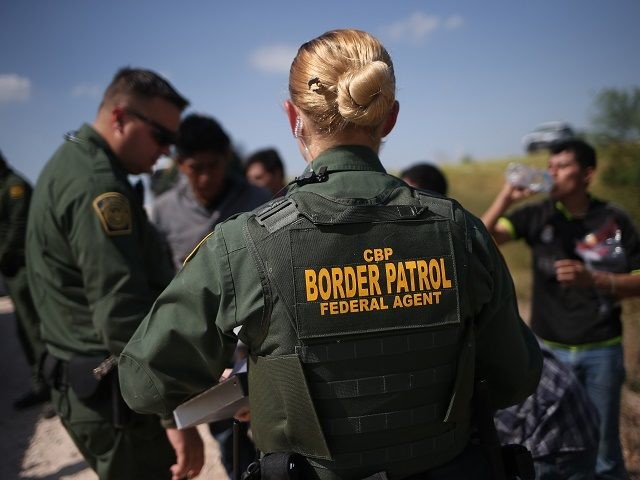Incoming national security adviser credits Trump’s tough stance for Hamas-Israel ceasefire deal
01/17/2025 / By Belle Carter
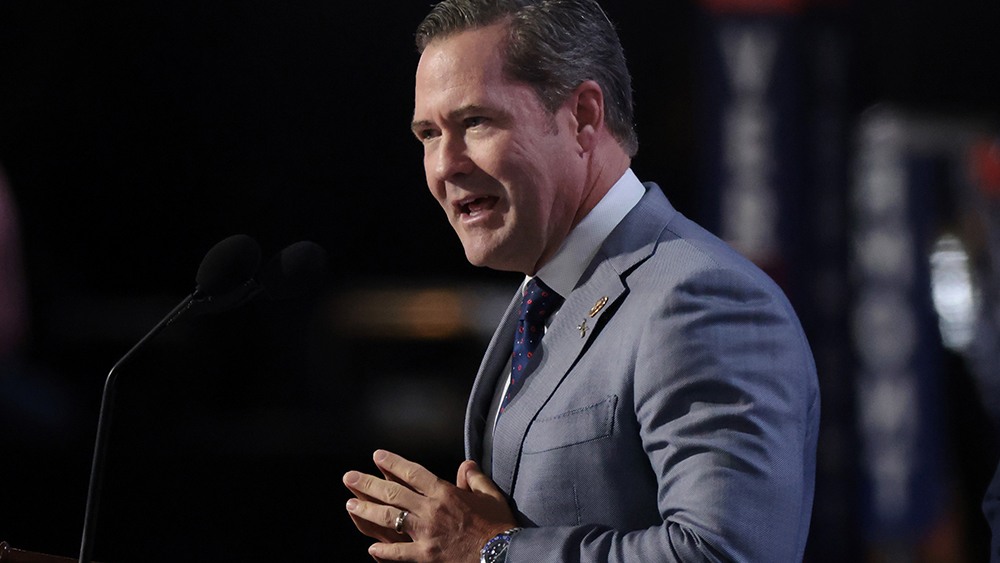
- A landmark hostages-for-ceasefire deal was struck between Hamas and Israel, with 33 hostages to be freed over 42 days in exchange for Israel releasing 1,000 Palestinian prisoners and withdrawing troops from parts of northern Gaza.
- Rep. Mike Waltz, incoming White House national security adviser, credited President-elect Donald Trump’s tough stance for pushing Hamas to agree to the deal.
- The agreement is structured in three phases: a 42-day halt in fighting, release of hostages and prisoners, and Israeli withdrawal, followed by a rebuilding plan for Gaza under international supervision.
- Waltz compared the deal to a “Reagan moment” and emphasized the U.S.’s support for Israel, stating that further military operations would be backed if Hamas violated the agreement.
- Waltz expressed optimism about the region’s future under Trump’s leadership, envisioning long-term stability and economic development.
A landmark hostages-for-ceasefire deal between Hamas and Israel was struck Wednesday, Jan. 15, with the incoming White House national security adviser crediting President-elect Donald Trump’s tough stance for pushing the terror group to agree.
The deal, which will see 33 hostages freed over 42 days in exchange for Israel releasing 1,000 Palestinian prisoners and withdrawing troops from parts of northern Gaza, marks a significant step toward deescalating the conflict that has ravaged the region since Hamas’ Oct. 7, 2023, attack on Israel.
Rep. Mike Waltz (R-FL), who will serve as Trump’s principal adviser on national security, argued that Hamas accepted the deal because it feared the terms would only worsen under the incoming administration.
“Clearly, the entire world recognizes that this was the Trump effect,” Waltz told Fox News‘ Bret Baier.
Waltz asserted that Hamas “had no choice” but to agree to the deal.
“They believed President Trump when he said there would be all hell to pay and any deal that was on the table would only get worse once he was in office,” he said.
Drawing parallels to Trump’s previous actions against terrorist leaders, Waltz highlighted the president-elect’s reputation for decisive military strikes.
“This is President Trump – who took out [Iranian Gen. Qasem] Soleimani, who took out [Islamic State boss Abu Bakr] al-Baghdadi – I think all these terrorist organizations understand now, the type of man and the type of leader that they’re dealing with,” he said.
Waltz also compared the current hostage situation to the 1979 Iranian hostage crisis, during which 53 Americans were held captive for 444 days.
“They had been there longer than the 1979 hostages, and in much more horrific conditions,” he said of the Hamas-held captives, who have endured 15 months in captivity. “I’m convinced they all would have died if President Trump hadn’t come in and said, ‘Get them out.'” (Related: Israel threatens Hamas: Release hostages or face unprecedented escalation in Gaza.)
The three-phase agreement
The deal, outlined in a draft obtained by news outlets, is structured in three phases aimed at achieving a lasting cease-fire and addressing humanitarian concerns in Gaza.
The first phase includes a 42-day halt in fighting, during which 33 Israeli hostages will be incrementally released in exchange for hundreds of Palestinian prisoners. On the first day of the cease-fire, set for Sunday, Hamas will release three hostages, followed by four more on the seventh day. Weekly releases will continue throughout the initial six-week period.
Israel will release 30 Palestinian women, children, and elderly prisoners for every civilian hostage freed. For each female Israeli soldier released, 50 Palestinian prisoners – including 30 serving life sentences – will be freed. Additionally, Israeli forces will withdraw to a buffer zone, allowing displaced Palestinians to return to their homes in Gaza City and northern Gaza. Approximately 600 trucks of humanitarian aid, including fuel, will enter Gaza daily during this period.
If a further agreement is reached, all remaining hostages will be freed during the second phase, and Israel will completely withdraw from Gaza. However, this phase faces significant hurdles, as Israel has vowed not to withdraw fully until Hamas’ military and political power is dismantled. Hamas, meanwhile, has stated it will not release the remaining hostages until Israeli troops leave Gaza entirely.
The final phase involves Hamas returning the bodies of deceased hostages in exchange for a three- to five-year rebuilding plan for Gaza under international supervision. This phase aims to address the extensive destruction caused by the conflict and lay the groundwork for long-term stability.
A “Reagan moment” for Trump
Waltz likened the agreement to a “Reagan moment” for Trump, referencing the 1981 release of American hostages in Iran on the day former President Ronald Reagan was inaugurated. “Hamas understood the consequences if they didn’t get this done,” he said.
Waltz also emphasized Trump’s support for Israel, stating that the U.S. would back further military operations if Hamas violated the agreement. “If they need to go back in, we’re with them,” he said. “If Hamas doesn’t live up to the terms of this agreement, we are with them.”
Looking ahead, Waltz expressed optimism about the region’s future under Trump’s leadership. “By the end of President Trump’s term, we’re going to be talking about rail and fiber and data centers and moving the region forward,” he said. “In a way that only President Trump could transform.”
Trump.news contains more stories like this.
Watch the video below that talks about the ceasefire deal being in jeopardy as Israeli Prime Minister Benjamin Netanyahu claims Hamas is backtracking.
This video is from the Paul Davis UnCancelled channel on Brighteon.com.
More related stories:
Israel and Hamas resume ceasefire talks amid ongoing violence in Gaza.
After Lebanon ceasefire, Netanyahu is running out of cards to play.
Sources include:
Submit a correction >>
Tagged Under:
agreement, big government, ceasefire, Donald Trump, Gaza, Hamas, hostages, Israel, Israel-Hamas war, Mike Waltz, national security, peace, Trump Effect, Trump inauguration, White House
This article may contain statements that reflect the opinion of the author
RECENT NEWS & ARTICLES
COPYRIGHT © 2017 VIOLENCE NEWS


